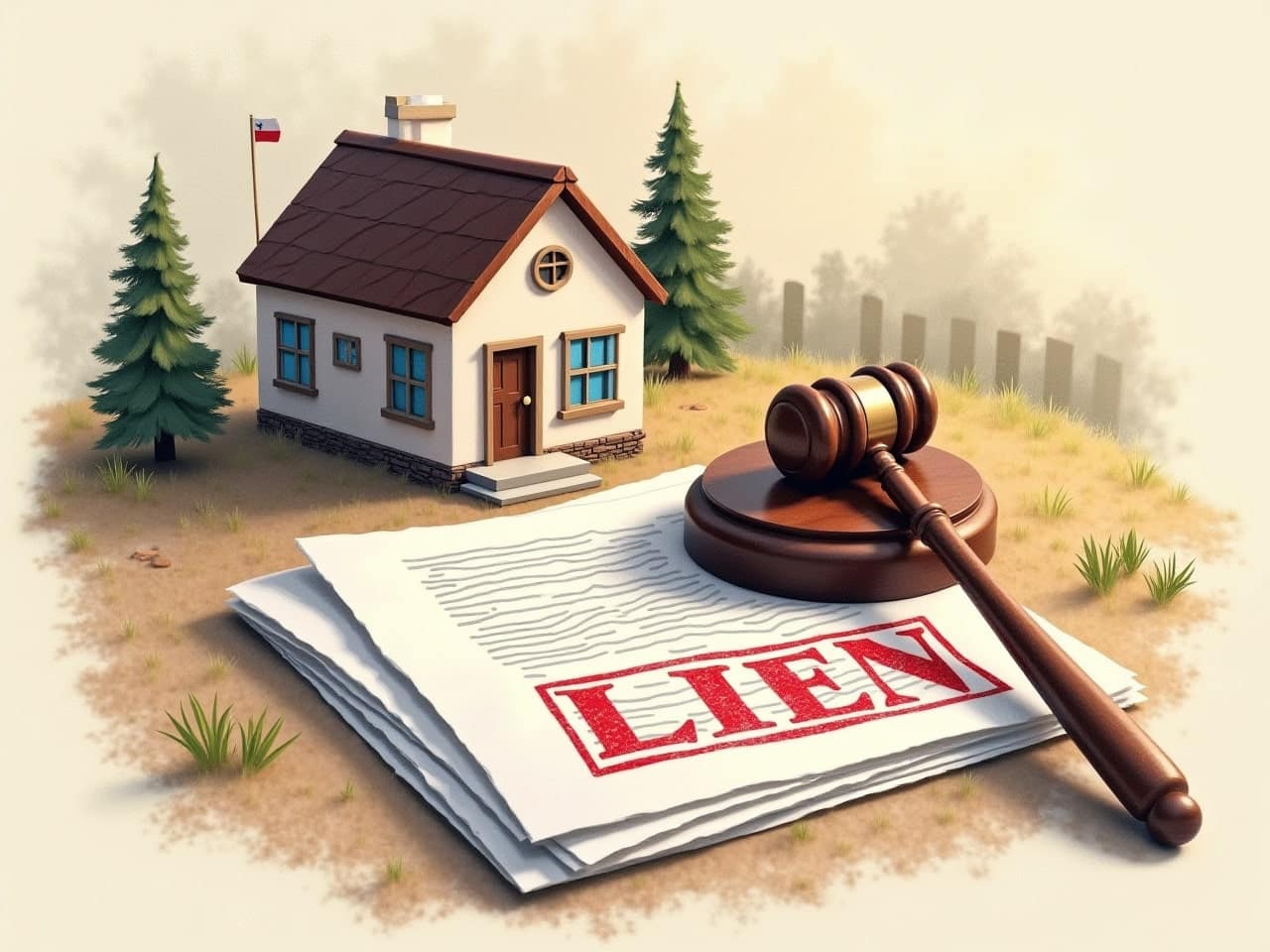There are many kinds of liens in Texas. It can be confusing to understand which type of lien you need to file.
Five common types of liens in Texas are:
- Property tax liens, if a person doesn’t pay their local tax;
- IRS liens, if they don’t pay their federal income tax;
- Child support liens, if a parent doesn’t pay; and
- Judgment liens, when the court rules, a person owes money to another; and
- Mechanic’s liens, when someone doesn’t pay for services or supplies.
Texas State Law also allows motor vehicle repair shops to keep your car or truck until you pay for repairs, which is called a mechanic’s lien.
Similarly, the property code allows contractors and providers of building supplies to file a mechanic’s lien against the property in Texas if they aren’t paid for their work or materials.
Some states refer to this legal document as a construction lien, but it’s called a mechanic’s lien in Texas. This document is different from a lien filed by an auto repair person.
Texas Easy Lien can help you prepare and file a mechanic’s lien against property for construction services and supplies if your project qualifies, but we do not file motor vehicle liens.
What is a lien?
A lien is a claim or legal right against assets and is typically used to satisfy a debt.
When you provide services and/or supplies, you become the creditor. If you have done construction work and have not been paid, you may be able to file a mechanic’s lien on property in Texas.
How Does Texas Easy Lien Help People Working in Construction Trades?
Imagine a restaurant owner hired you to install a new HVAC system for their restaurant.
The job is complete, everyone’s enjoying the cool air, and you send an invoice due in 14 days. No check arrives, so you reach out again and send a second invoice. Thirty days later, nobody’s answering your calls.
It’s an excellent time to check into filing a mechanic’s lien.
Once the lien affidavit is complete and recorded with the county clerk, you will have a lien on their property. Then you notify the property owner.
Having a mechanic’s lien secured on a property in Texas can prevent the owner from selling or getting a loan against the real estate until they pay you. You now have a secured interest in the property, similar to an auto dealer who has a claim on your car until you pay off the loan.
How Do You File a Lien Against Property in Texas?
Preparing and filing this lien used to be complicated and time-consuming. Now Texas Easy Lien has made it easy.
First, answer a few questions to see if your job qualifies for online filing.
Next, collect six pieces of information:
- The project or property owner’s or company’s name and mailing address.
- The property address, including the county name.
- A legal description of the property is helpful.
- The amount owed for each month you performed work and remains unpaid.
- Description of the work in general terms.
- A list of the invoices and notices you’ve sent and the dates you mailed them.
We Guide You Step-by-Step as You Fill Out the Information
Finally, review your answers, submit them, and your forms are complete and ready for final review. No legal jargon—just the precise instructions you need.
Then you can choose to notarize your liens online and have Texas Easy Lien file your documents with the counties.
Or, you may prefer to download and print copies of your affidavit. Texas Easy Lien includes instructions for you to personally notarize, file and deliver your documents.
Ready to get started? Log on to Texas Easy Lien and see how easy it is to file the documents you need and be one step closer to getting paid.


